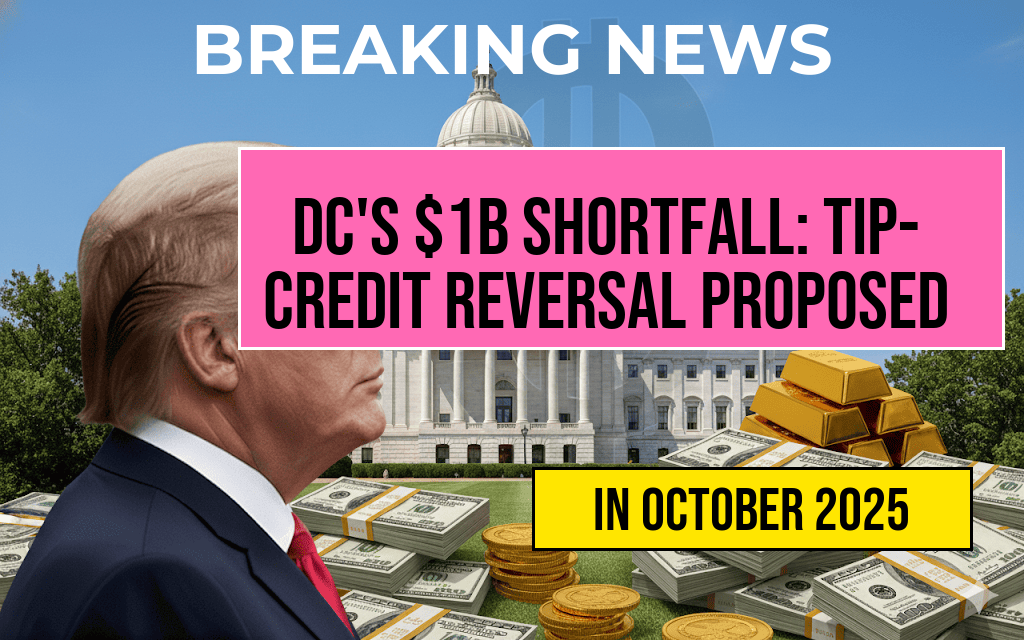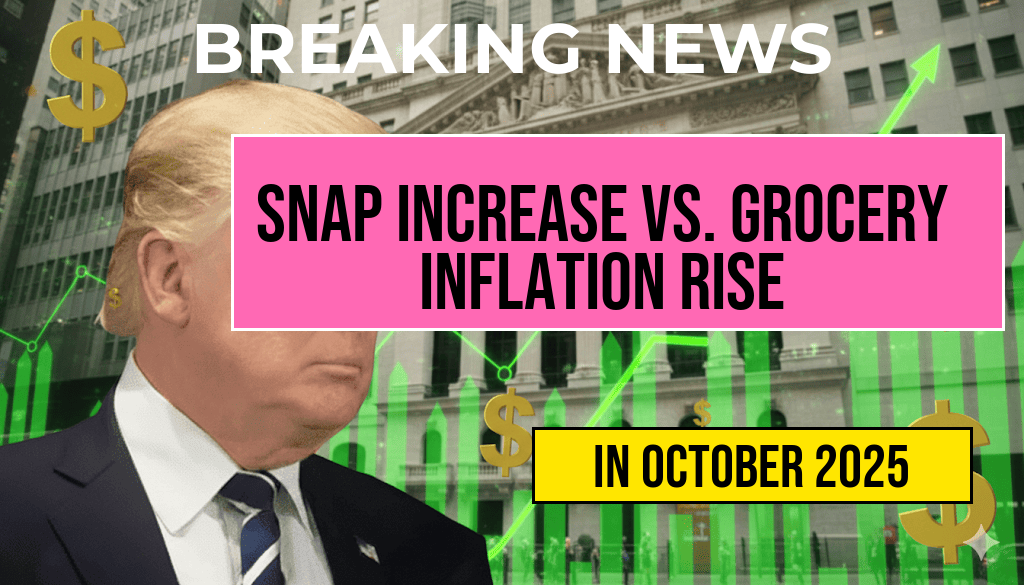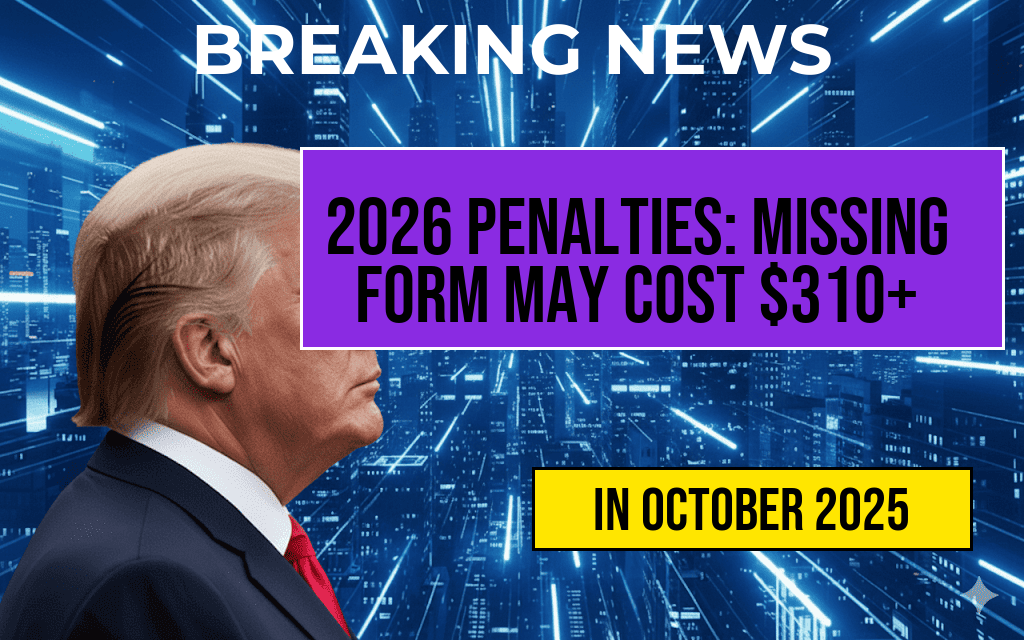Washington, D.C. is grappling with a significant budget shortfall estimated at $1 billion, prompting local officials to seek new revenue streams to address the fiscal crisis. One proposed solution that has gained traction is the reversal of the city’s tip credit system, which currently allows employers to pay tipped workers a lower minimum wage. This change could have profound implications for the $10 tipped wage law, impacting thousands of workers and businesses in the hospitality industry. As the city navigates this financial challenge, the debate surrounding the tip credit could reshape the economic landscape for service employees and their employers.
Understanding the Budget Shortfall
The budget shortfall in Washington, D.C. has arisen from a combination of factors including pandemic-related economic disruptions, declining tax revenues, and increased demand for public services. The city’s financial health has become a pressing concern for both policymakers and residents, leading to a push for measures that can bolster revenues without placing undue burdens on the community.
The Tip-Credit System Explained
Under the current D.C. law, employers in the hospitality sector are permitted to pay tipped workers a lower minimum wage of $10 per hour, with the expectation that tips will make up the difference to the standard minimum wage of $16.10. This system has been a point of contention, with advocates arguing that it provides businesses with flexibility while critics contend that it leaves many workers vulnerable to income instability.
Reversal Proposal Gains Support
In response to the budget crisis, some city council members are advocating for the elimination of the tip credit, which could require employers to pay the full minimum wage to tipped workers. Proponents of this change argue that it would create a more equitable wage structure and provide greater financial security for service employees, many of whom rely heavily on tips to supplement their income.
Implications for Workers and Businesses
- For Workers: A reversal of the tip credit could mean a more stable income for thousands of service employees. Without reliance on tips, workers may experience less financial uncertainty, allowing for better planning regarding their household budgets.
- For Businesses: Employers in the hospitality sector may face increased labor costs, which could lead to higher menu prices or reduced hiring. Some business owners worry that the elimination of the tip credit could result in a competitive disadvantage, especially in a city with a high cost of living.
Community Reactions
Reactions to the proposed reversal are mixed. Labor advocates and various worker rights groups have expressed strong support, viewing it as a necessary step toward ensuring fair compensation. Conversely, restaurant owners and industry associations have raised concerns about the potential impact on their operations and overall profitability.
Economic Considerations
The economic context of D.C. complicates the discussion. As the city aims to recover from the pandemic’s effects, the hospitality industry remains a crucial component of its economy. According to a report by the Forbes Business Council, service sectors significantly contribute to local employment and tourism revenue. Balancing the interests of workers with the economic realities faced by businesses will be essential in any forthcoming legislative efforts.
Next Steps for Policymakers
As discussions about the budget shortfall and the tip credit continue, D.C. policymakers are tasked with finding a solution that addresses immediate fiscal needs while considering the long-term implications for the workforce. Public hearings are expected in the coming months, where both supporters and opponents of the tip credit reversal can voice their opinions.
Conclusion
The $1 billion budget shortfall in Washington, D.C. has sparked significant debate around the tip credit system for tipped workers. As city leaders explore solutions, the potential reversal of this system could reshape the economic landscape for both service employees and businesses in the hospitality sector. The outcomes of these discussions will likely have lasting effects on the city’s labor market and its approach to economic recovery.
Frequently Asked Questions
What is the current budget shortfall faced by DC?
The District of Columbia is experiencing a significant $1 billion budget shortfall that has raised concerns about funding for essential services.
How is the tip-credit reversal proposed as a solution?
The tip-credit reversal is being positioned as a potential solution to address the budget shortfall by increasing the minimum wage for tipped workers to $10, thereby generating additional revenue through taxation.
What are the implications of raising the tipped wage to $10?
Raising the tipped wage to $10 could lead to higher earnings for workers in the service industry, but it may also result in increased costs for employers, which could impact pricing and employment levels in affected sectors.
Who will be affected by the tip-credit reversal?
The tip-credit reversal will primarily impact tipped workers such as servers, bartenders, and other employees who rely on tips for their income, as well as business owners in the service industry.
What are the potential benefits of this budget solution?
Potential benefits of the tip-credit reversal include improved financial security for tipped workers, increased consumer spending due to higher wages, and a more balanced state budget through enhanced tax revenues.








